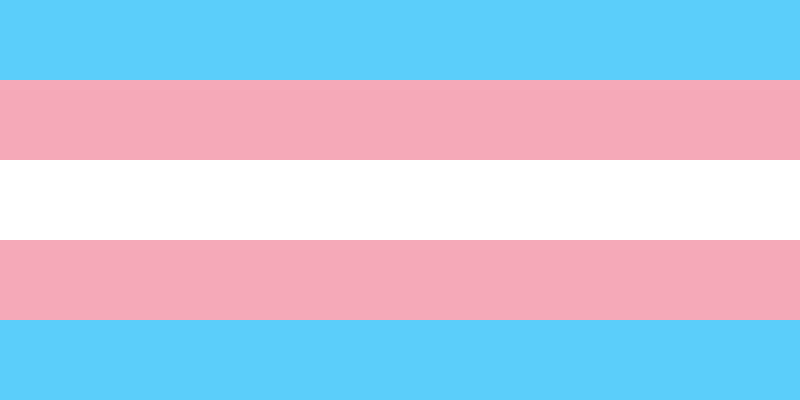Wretched
/Wretched man that I am! Who will rescue me from this body of death? -Romans 7:24
One of Paul's most famous passages is from his letter to the Romans, in which bemoans how he can never seem to become the person he most wants to be - he always finds he does things he hates despite his best intentions. I can relate. I can decide on a Monday that I'm really going to start watching what I eat, and by Thursday I'll have gotten into a box of chocolates I found in the cabinet from Mother's Day. Maybe you can relate, too. Maybe you tell yourself you're going to stop swearing or biting your nails or criticizing others or thinking poorly of yourself or.... you know the list of self improvements we all have. The list can go on and on.
It is hard - no, impossible - to consistently live fully into our highest ideals for ourselves, and even St. Paul knew it. This doesn't mean we can't change or practice better, kinder or healthier ways to be and improve ourselves. But it does mean we are only human and we are not perfect. And sometimes, the harder you 'work on yourself' the more imperfect you seem to become. Like, as Jesus says in Matthew, if you work really hard to get rid of one of your unclean spirits, and you empty, sweep and put your house in order, the spirit might leave for a while looking for a new place to settle, but when it sees your nice, newly clean house, it'll just come right back and bring seven other spirits more evil than itself right along with it!
I see this whole dynamic playing out in our world, too. It's discouraging that we never seem to learn how to put down our arms and avoid war, how to share what we have so that no one starves, how to heal the hatred between factions or to focus on the common good instead of greedy, individual gain. The phrase "one step forward, two steps back" seems to say it all for our human condition.
It is not fashionable at all these days to consider oneself wretched. In a culture that highly values good self esteem, we'd rather sweep this kind of talk right out of our vocabulary. But I can understand what Paul was saying. Because, although we don't want to face it sometimes, we are, if not wretched, certainly broken. There are broken things that do not get fixed and show no sign of getting fixed, both in our world and in ourselves. And if a self help book won't do the trick, who will rescue us from this mess? Who will deliver us all from a world so focused on death?
As Christians, we use the word Christ, Messiah, as the name for that much needed salvation. And we learn what that salvation looks like from the person of Jesus. We trust that God has a much wider view than we have and understands all the things we cannot and that God can work through all our successes - and even all our shortcomings and failures - to bring healing and reconciliation into the world, even if it is not perceptible to us at a given moment. We trust that there is a saving grace working in this world - that there is good news even amid a whole lot of bad news - and that Christ is the bearer of that Good News.
And perhaps there is also very good news in Paul's famous lament, even if his words are out of fashion and may make us uncomfortable. For though it reminds us that we are weak, it also reminds us that God is strong. And that we can trust in God's strength and power to transform the world, which is far bigger than our own.
Our readings for this Sunday are HERE
Note: during the season after Pentecost, we are using the readings in Track 2









